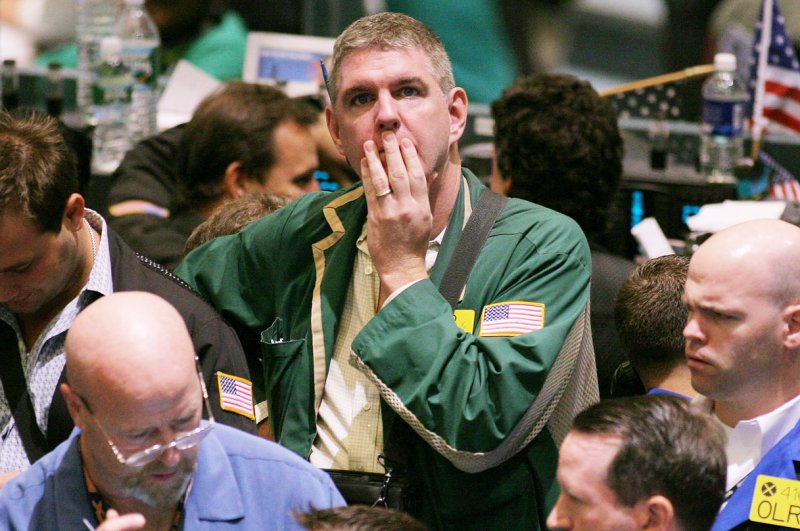Crude oil drifts lower as European economy shows negative inflation for September. File photo by Monika Graff/UPI |
License Photo
NEW YORK, Sept. 30 (UPI) -- Signs of weakening in the European economy put downward pressure on crude oil prices at the start of trading Wednesday in New York.
Brent crude oil was down only a fraction of a percent from the previous close to $48.18 per barrel, off about 2.8 percent since the start of September. West Texas Intermediate, the U.S. benchmark for crude oil prices, started the trading day at $45.00 per barrel, down a half percent from Tuesday, but relatively unchanged from the start of the month.
Crude oil prices are down 50 percent from last year in part because of steady production levels from members of the Organization of Petroleum Exporting Countries and the increase in output from U.S. shale basins. Weak demand, meanwhile, has been the trend as the European economy struggles to emerge from recession and Asian economies, notably China, show signs of slowing down.
Eurostat, the statistics office for the European Union, said regional annual inflation of -0.1 percent for September was a contraction from the 0.1 percent reported the previous month. The seasonally-adjusted unemployment rate for the 19 countries that use the euro was 11 percent.
An early September report from the International Monetary Fund said global economic growth "remains moderate and uneven." The World Bank, in a report on Russia, said the low price of crude oil, coupled with sanctions imposed in response to the Kremlin's stance on Ukraine, is hobbling the nation's economy, which depends heavily on oil for revenue.
"Maintaining fiscal sustainability will become an especially pressing challenge as low oil prices deplete fiscal buffers, and this will necessitate difficult policy choices for the 2016 budget proposal," Birgit Hansl, the bank's lead economist for Russia, said in a statement.
The World Bank estimates the Russian economy will contract by 3.8 percent by year's end.















